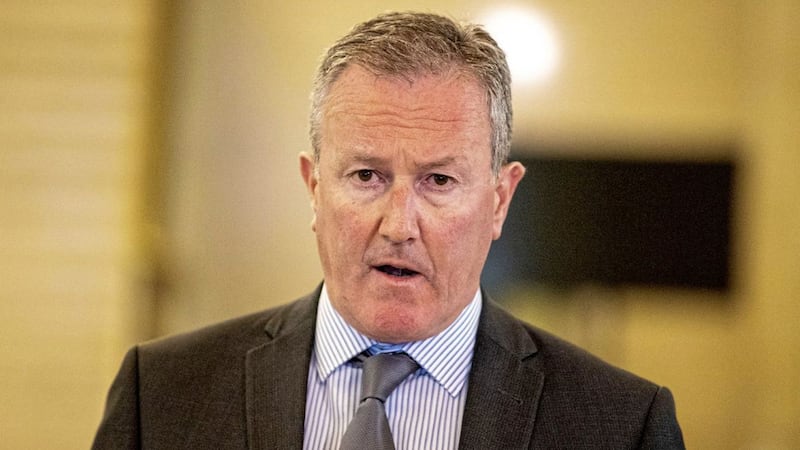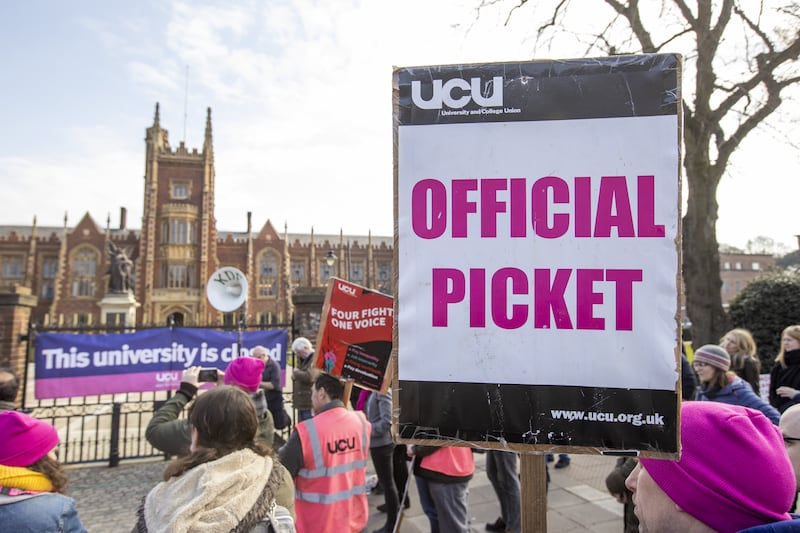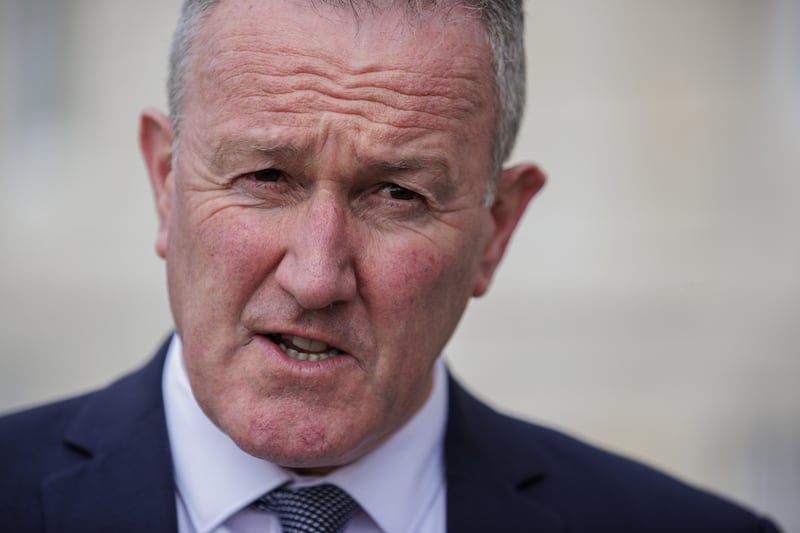Bringing Northern Ireland’s household rates bills into line with equivalent taxes in Britain would raise a sum equal to 10 per cent of our health budget and solve Stormont’s financial problems at a stroke.
That is the conclusion Conor Murphy seemed keen to avoid in an Irish News article last Saturday.
In fairness to the Sinn Féin finance minister, he is at least trying to pass a budget - more than his party predecessor Máirtín Ó Muilleoir managed. Murphy is also confronting the need to find more cash for health. He has asked other ministers “to prepare to divert resources from their departments”, as close as Sinn Féin has ever come to proposing across the board cuts.
Health spending is £6.5 billion a year, half of Stormont’s budget, so other areas would need to be eviscerated to make a difference.
Naturally, Murphy blames “the Tories” for not giving him enough money and adds “the British government could fund extra investment by increasing taxes on the wealthy.”
But why can he not do this himself? Although Stormont has limited taxation powers it has complete control over the rates, a de facto wealth tax.
In his article, Murphy explained: “I would caution that a one per cent increase in domestic rates generates less than £3m. To put that into context, a 22 per cent increase in domestic rates would be needed to pay for a one per cent increase in the health budget. Therefore while rates are an important source of revenue they will not transform our financial position.”
There are two flaws with this claim.
First, Murphy appears to be referring only to Stormont’s half of the rates - councils get the remainder. If Stormont puts its demand up by 22 per cent, it only adds 11 per cent to the bill householders get through the door.
Second, the minister takes it as self-evident that a 22 per cent increase would be absurd. In reality, a near-doubling of bills would be reasonable.
In a submission to Stormont’s finance committee in July, Ulster University’s Economic Policy Centre explained the average domestic rates bill here is £1,036 a year. That compares to combined council tax and water bills of £1,836 in England, £1,952 in Wales and £1,581 in Scotland.
Contrary to popular belief, Northern Ireland has household water bills - Stormont just pays them via a special process introduced by Murphy, coincidentally, when he was regional development minister in 2009.
In his article, the minister listed this water bill arrangement, plus free travel for the elderly, reduced university fees and bedroom tax mitigation as “money well spent”, totalling “£600 million… carved out annually to protect people from Tory policies”.
Bringing domestic rates bills up to the level in Wales would raise £650 million, which would transform Stormont’s financial position.
Further significant revenue raising opportunities are available. The Ulster University submission noted all agricultural land and buildings are exempt from rates, with no apparent justification. Developers are not liable for rates until buildings are completed: bringing that forward would discourage land-banking. Ending exemptions for churches, charities and vacant properties would raise £130 million. Second home ownership and short-term rentals are making coastal areas unaffordable. Murphy could target new rates on such properties, and on landlords, and on businesses premises - commercial rates raise as much again as domestic rates.
Existing legislation gives the Department of Finance almost total discretion over who and how to charge and the legislation itself is fully devolved. The executive could conceivably use the rates to increase its budget on the order of £1 billion, all within the norm of property charges elsewhere in the UK and Ireland and while serving other policy priorities, especially on housing.
To be fair again to Murphy, he is hardly alone in swerving this scenario. No party at Stormont, from the TUV to People Before Profit, advocates raising domestic rates. Executive policy for a decade has been to guarantee inflation-only increases. To be fair to all parties, they know there would be public outrage if a steep rise in bills was suggested.
Yet how many working homeowners in Northern Ireland truly cannot afford the extra £17.50 a week a Welsh average rates bill would involve? Current protections for pensioners and those on benefits could be readily extended. It may only be once everyone else starts having to ‘divert resources’ to private health insurance that they will realise what a poor bargain they have had.
By then, it will be too late for us all.









